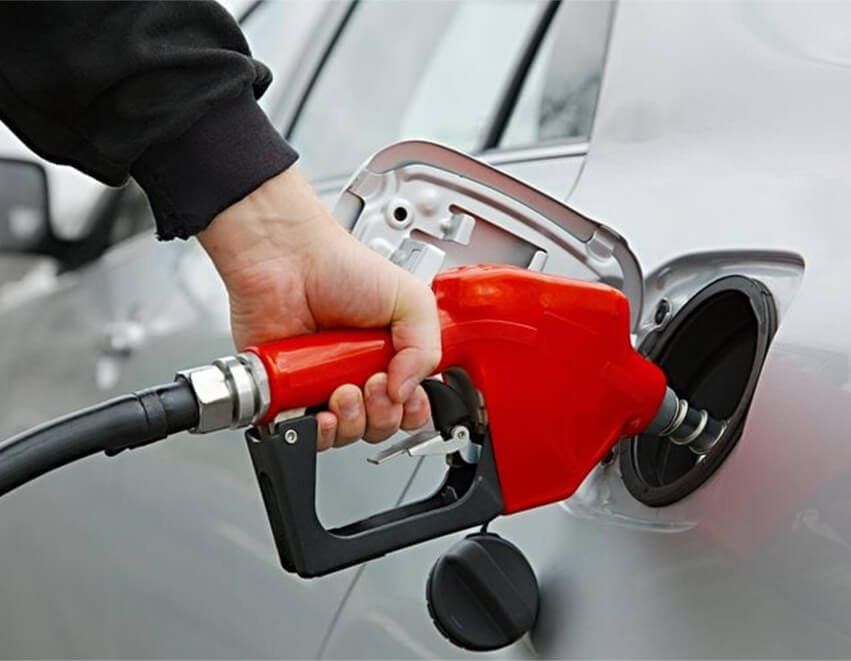Understand why hydraulic couplers fail and how to prevent it with detailed tips on identifying leaks, checking for wear, and proper installation.
Hydraulic couplers can fail due to a variety of reasons, including wear and tear, contamination, and improper installation.
Understanding these causes and implementing preventive measures can help maintain the efficiency and longevity of hydraulic systems.
Read on to learn about common failure points, troubleshooting techniques, and prevention strategies for hydraulic couplers.
Hydraulic couplers fail primarily due to several factors, such as wear and tear, contamination, improper installation, pressure surges, and corrosion.
Let’s explore these factors in detail below:
Over time, the repeated connection and disconnection of hydraulic hose couplers can lead to wear and damage. This can cause leaks and reduce the efficiency of the hydraulic system.
Dirt, debris, and other contaminants can enter the hydraulic system through the couplers, causing damage to the internal components and leading to failure.
Incorrect installation of hydraulic female couplers and other types of couplers can result in poor sealing and eventual failure. Ensuring proper alignment and secure attachment is critical.
Excessive pressure or pressure surges in the hydraulic system can exceed the coupler’s rated capacity, causing it to fail.
Exposure to harsh environments and chemicals can corrode hydraulic couplers, leading to leaks and weakening the coupler’s structure.
Inspect the hydraulic coupler for visible signs of leaks, which may indicate a damaged seal or fitting. Replace any damaged parts immediately to prevent further leakage.
Examine the coupler for signs of wear, such as worn-out seals or deformed fittings. Regular maintenance and timely replacement of worn parts can prevent unexpected failures.
Ensure the hydraulic coupler and the entire hydraulic system are free from contaminants. Regular cleaning and flushing of the system can help maintain the integrity of the couplers.
Replace any damaged hydraulic hose couplers, hydraulic female couplers, or other faulty components to restore the system’s functionality.
Using high-quality link couplers can enhance the system’s durability.
Implement a regular maintenance schedule to inspect and service hydraulic couplers. This includes checking for leaks and wear, and ensuring all connections are secure.
Invest in high-quality hydraulic couplers and fittings designed for your specific application. Cheap or incompatible components are more likely to fail prematurely.
Ensure that hydraulic couplers are installed correctly, with proper alignment and secure attachment. Follow manufacturer guidelines for installation to avoid common pitfalls.
Monitor the hydraulic system’s pressure to ensure it remains within the coupler’s rated capacity. Installing pressure relief valves can help manage pressure surges.
Farmers can experience repeated failures of hydraulic couplers on their tractors due to contamination from dirt and debris during field operations.
Implementing regular cleaning and using dust caps on unused couplers significantly reduced failures.
A construction company can face frequent breakdowns of their skid steer hydraulic couplers due to excessive wear and improper installation.
Training their operators on correct installation techniques and switching to more durable couplers resolved the issue.
An industrial plant can suffer from corrosion-related failures in its hydraulic systems.
Switching to stainless steel hydraulic couplers and implementing regular maintenance schedules improved system reliability and reduced downtime.




